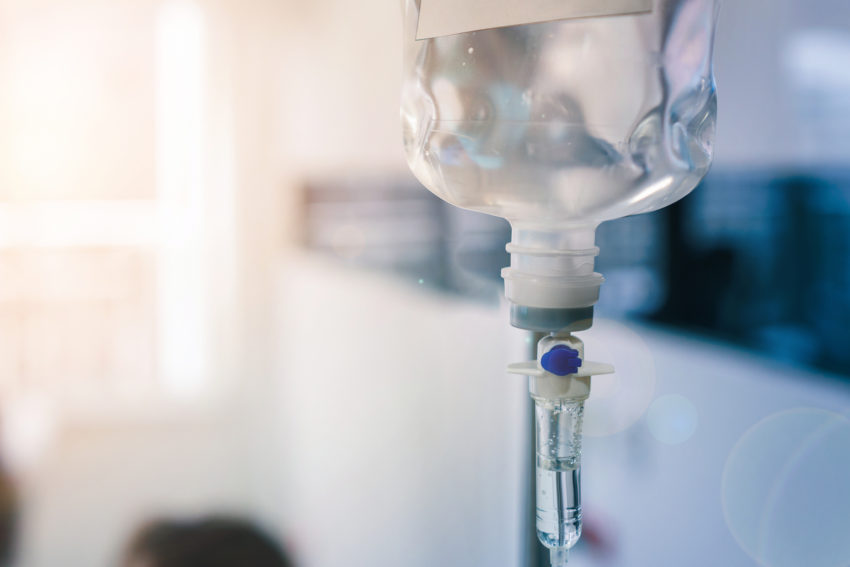The COVID-19 Infectious Disease team at UT Health San Antonio and University Health System is beginning the second stage of the remdesivir clinical trial, which is being sponsored by the National Institute of Allergy and Infectious Diseases, NIAID.
This second phase of the international trial follows encouraging results from the initial part of the study, which included 20 University Hospital patients, a total of 1,063 patients overall, at 75 U.S. and international sites. The number of sites is now being expanded to around 100.
In the study, which began on Feb. 21, the initial group received either remdesivir or a placebo. Results showed remdesivir improved recovery time by 31%, from 15 to 11 days, and improved the death rate from 11.6% to 8%. On May 1, the U.S. Food and Drug Administration was so encouraged by the results it gave emergency authorization for the drug to be used for qualified, hospitalized COVID-19 patients outside of the clinical trial.
Second phase includes FDA-approved anti-inflammatory drug
In this second phase of the Adaptive COVID-19 Treatment Trial, ACTT, the COVID-19 Infectious Disease team will administer an anti-inflammatory medication along with the remdesivir to see if they can improve outcomes even further.
Some of the hospitalized patients who qualify and consent to the study will be given remdesivir and baricitinib, an anti-inflammatory used to treat rheumatoid arthritis. Others will receive remdesivir plus a placebo. Because this is a double-blind clinical trial, neither the medical teams nor the patients will know who has received which treatment.
“Baricitineb and other drugs could block inflammation and perhaps reduce some of the lung injuries or the pneumonias these patients are getting. If we could do that it would substantially improve outcomes,” said Thomas Patterson, M.D., professor in the Long School of Medicine and chief of the Division of Infectious Diseases at UT Health San Antonio. He is principal investigator at the UT Health San Antonio study site and leads the COVID-19 response at University Hospital.
See a video with Dr. Patterson’s comments.
Because there is currently no cure or vaccine to combat COVID-19, developing an effective treatment is vital. Dr. Patterson is hopeful the research study could eventually lead to an effective, oral treatment for the new coronavirus like Tamiflu, an antiviral medication used to prevent the flu virus from multiplying and often lessens the severity of the illness.
“By identifying patients early and having an easy-to-give oral therapy, we could not only prevent bad side effects and symptoms down the road, but we could also improve outcomes in those patients,” Dr. Patterson said.
Remdesivir was developed by Gilead Sciences Inc. Baricitinib is a product licensed to Eli Lilly and Company by Incyte.


